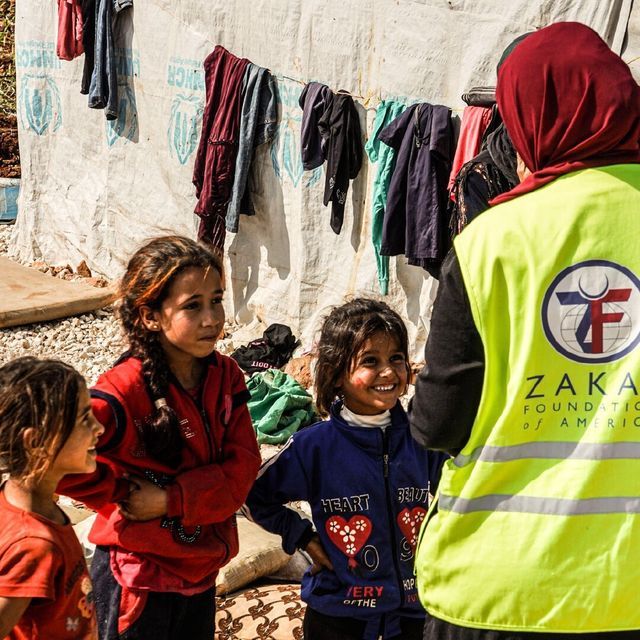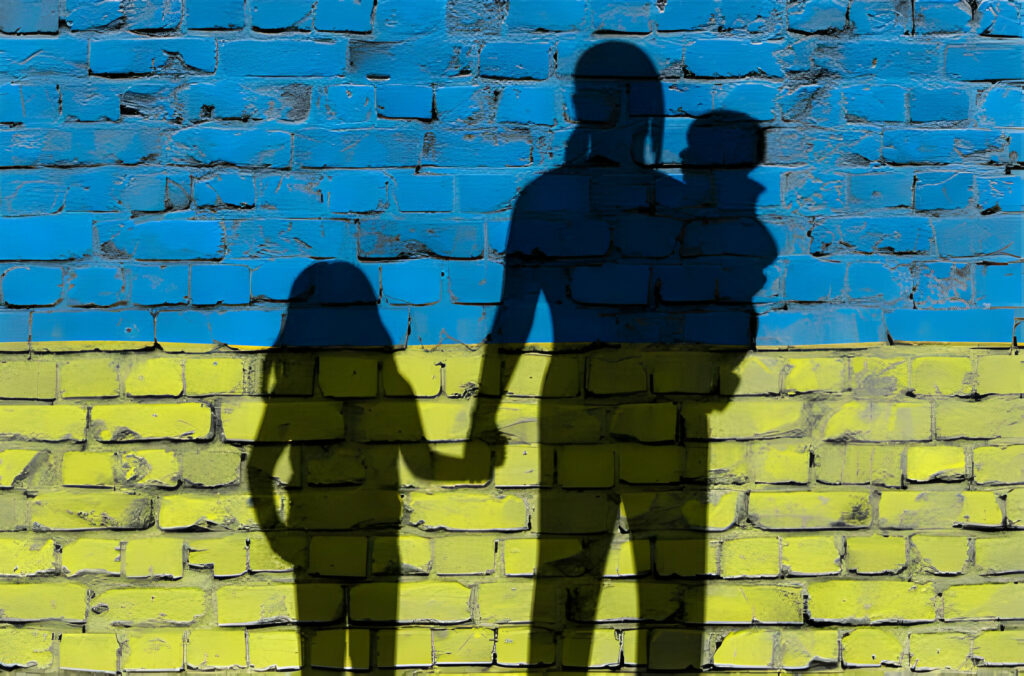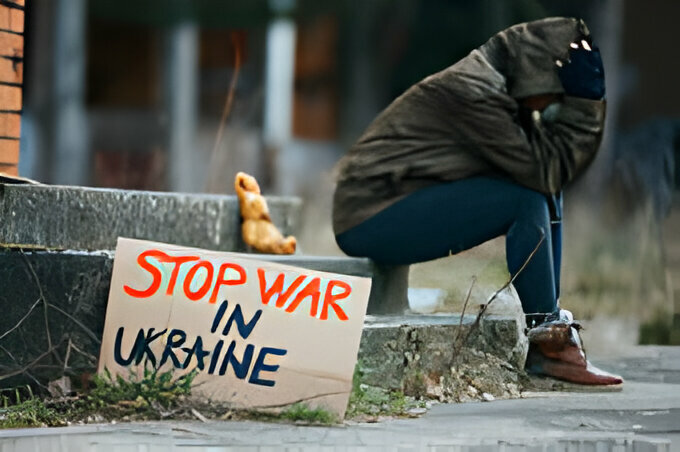Every year, millions of people are forced to flee their homes, leaving behind everything they know to escape war, persecution, or disasters. For these individuals, refugee resettlement is more than just moving to a new place—it’s about finding safety, rebuilding their lives, and creating a hope-filled future.
The refugee resettlement process provides a structured way for displaced individuals to start fresh in a new country. It’s a lifeline for those facing unimaginable hardships and an opportunity for host communities to show compassion and solidarity. In this article, we’ll explore why resettlement matters, how the process works, and what we can do to make it successful.
Why Refugee Resettlement Matters
Refugee resettlement goes beyond mere safety; it offers individuals a genuine opportunity to reconstruct their lives and restore their dignity. This process unites communities and reminds them of our shared role in helping those most need it.
Humanitarian Significance
For many refugees, resettlement provides the only path to safety and stability. It protects individuals from persecution and gives families the chance to reunite, children the opportunity to learn, and entire communities the ability to heal from the trauma of displacement. Without resettlement programs, many refugees would remain trapped in camps or unsafe regions, with little hope for the future.
Global Impact
Refugees also contribute resilience, skills, and cultural diversity to their host countries. Many start businesses, fill critical job roles and enrich local communities. Studies show that refugees often become some of the most entrepreneurial individuals, creating jobs and driving regional economies forward.
The ongoing crisis in Ukraine has highlighted the critical importance of resettlement efforts. Organizations like Transform Ukraine are stepping in to provide resources, coordination, and hope to those displaced by war, offering a pathway to stability and security in uncertain times.
The Refugee Resettlement Process
The refugee resettlement process ensures that vulnerable individuals are cared for and prepared for life in their new communities. From screening to integration, it’s a thoughtful approach to helping people rebuild their lives with dignity.
Eligibility and Screening
Resettlement begins by identifying those most in need. Organizations like the UNHCR work with governments to prioritize survivors of violence, families with young children, and individuals with urgent medical needs.
Once selected, refugees undergo thorough screening, including background checks, interviews, and health assessments. This ensures both their safety and the readiness of host communities. The process, while rigorous, helps build trust between host countries and incoming refugees, providing a smooth transition for all parties.
Preparing Refugees for a New Start
Before arriving in their host countries, refugees often receive pre-departure training that includes basic language lessons, cultural orientation, and an overview of the support they will receive. These programs help them feel more confident and prepared for the transition.
Pre-departure efforts also address practical concerns like travel arrangements, understanding local laws, and adjusting to social norms. Such initiatives ensure refugees are ready and empowered to make the most of their new opportunities.
Support Systems for Integration
After arrival, refugees benefit from resources such as language classes, job training, and housing assistance. These programs are essential for helping them become self-reliant and active members of their new communities.
Local organizations and volunteers provide additional support, mentorship, guidance, and emotional care. Together, these efforts ensure that refugees can build stable, fulfilling lives. Community-led initiatives often play a key role in creating bonds between refugees and their new neighbors and fostering mutual understanding.
Barriers to Refugee Resettlement

Refugee resettlement provides hope, but it comes with challenges. Refugees face personal struggles during adaptation, while systemic issues create obstacles that complicate the process. Addressing these barriers is essential for more effective and compassionate resettlement programs.
Challenges for Refugees
For refugees, resettlement often means adjusting to a new culture, language, and way of life—all of which can feel overwhelming. Many also face isolation or discrimination, making it harder to feel at home in their new communities.
Emotional and psychological struggles are everyday, as refugees often carry deep trauma from past experiences. Access to mental health services is vital to help them heal and build stability. Support from host communities in the form of cultural exchange or simple acts of kindness can make a profound difference in their adjustment.
Systemic Challenges
Funding is one of the biggest obstacles to successful resettlement. Programs designed to provide housing, education, and healthcare often face resource shortages, leaving gaps in essential services.
Political resistance and public misconceptions also create significant barriers. Misinformation about refugees can lead to restrictive policies and a lack of community support. Governments, NGOs, and community leaders must work together to educate the public, dispel myths, and create policies that foster inclusion.
How You Can Support Refugee Resettlement
Helping refugees rebuild their lives starts with meaningful actions that create real impact. There are many ways to support resettlement efforts, from volunteering to advocating for policy change.
Individual Actions
Volunteering with local organizations is a powerful way to support refugees. Teaching language skills, mentoring, or helping with daily needs fosters connection and makes newcomers feel welcome. A few hours a week can help refugees feel less isolated and more empowered.
Donating to trusted organizations like Transform Ukraine also plays a vital role. Even small contributions can fund essential resources like housing, healthcare, and education, directly improving the lives of displaced individuals. Your generosity can help bridge critical gaps in funding and provide refugees with the tools they need to succeed.
Spreading awareness is another impactful action. By sharing accurate information about refugees and their journeys, you can help challenge stereotypes and build understanding within your community.
Community and Policy Advocacy
Communities are vital to successful resettlement. Schools, businesses, and local groups can offer opportunities that help refugees integrate and thrive, from employment to supportive social programs.
Advocating for stronger refugee policies ensures long-term change. Supporting legislation or initiatives that improve resettlement programs amplifies the impact, creating sustainable solutions for refugees and host communities. By working together, communities and policymakers can pave the way for a brighter future for displaced individuals.
Partner with Transform Ukraine to Make a Difference
Transform Ukraine is at the forefront of supporting displaced individuals, providing essential resources and guidance to help refugees rebuild their lives. By partnering with Transform Ukraine, you contribute directly to meaningful change, empowering families to find stability and hope. Join their mission today to create a lasting impact.
Also read:
What Does the Bible Say About Refugees
6 Devastating Effects of War on Families


